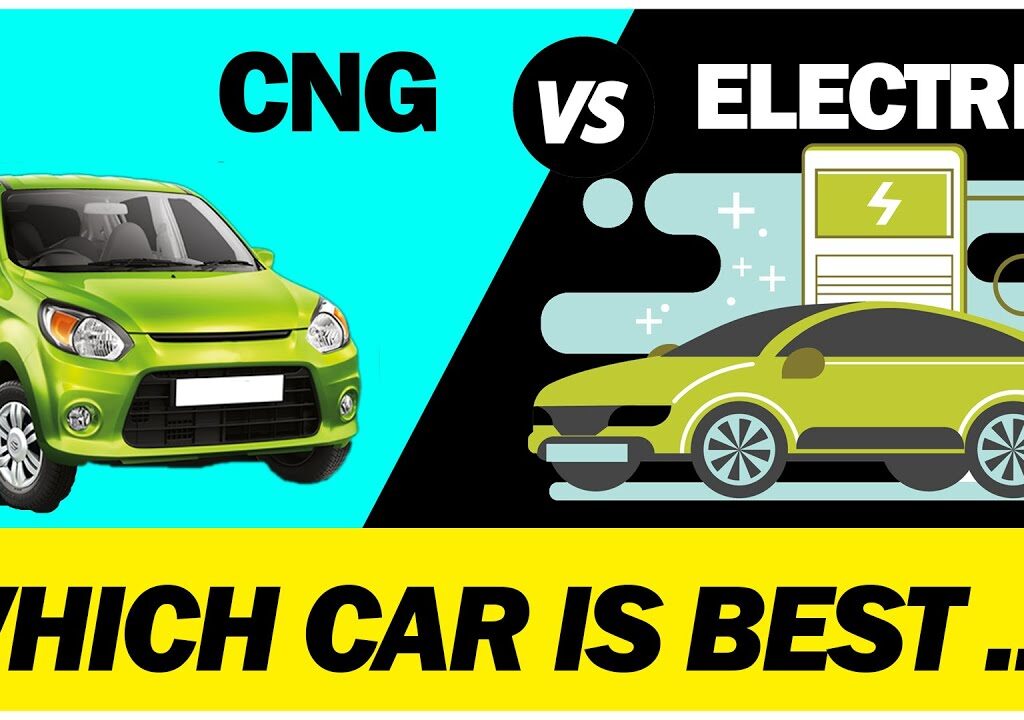
In a recent address by the Vice-President, Kashim Shettima, during the week while presiding over the National Economic Council (NEC) meeting on the petrol subsidy removal in Abuja; a noteworthy discussion on the future of mobility was ignited, particularly with regards to CNG-powered mobility and the growing prominence of electric vehicles (EVs).
According to the Vice President, the federal government is seeking to “vigorously” pursue the mass deployment of compressed natural gas (CNG) vehicles in all states for public transportation.
“We will also pursue vigorously the mass deployment of CNG-powered vehicles and establishment of autogas conversion plants/kits in all states in the short-term,” Shettima had said.
“We will also deploy electric buses and cars with charging infrastructure across the country.”
As the world continues to grapple with climate change and the urgent need to transition towards more sustainable transportation solutions, it, therefore, becomes imperative to delve deeper into this conversation.
CNG-Powered Mobility vs. Electric Options: A Glimpse into the Future
The remarks made by the VP shed light on the ongoing debate over the choice between CNG-powered vehicles and electric alternatives. While CNG-powered mobility has gained traction as a cleaner option compared to traditional gasoline-powered cars, the question arises: are electric options not more futuristic?
It is undeniable that electric vehicles represent a significant leap towards a sustainable and environmentally friendly future. The relentless advancements in battery technology and the continuous development of charging infrastructure have significantly bolstered the feasibility and appeal of EVs. Their reduced carbon footprint, minimal emissions, and quiet operation all contribute to their appeal.
Reviewing the Mobility Industry: The Long-Term Triumph of Electric Vehicles
In the face of mounting environmental concerns and increasingly stringent emission regulations, the mobility industry is at a critical juncture. The signs indicate that electric vehicles are destined to be the long-term winners in this race. Not only are governments across the globe pledging to ban fossil fuel-powered vehicles in the coming years, but major automakers such as Tesla, Rivian, Ford, and Toyota, are also shifting their focus towards EV production.
Data from reputable industry sources reveal a clear and unmistakable trend – leading car companies of the world are dedicating substantial resources and capital to embrace electric mobility. From Tesla’s pioneering efforts to legacy automakers like Ford, Volkswagen, and General Motors, nearly every major player has unveiled ambitious plans to electrify their fleets.
Reviewing the Performance of Tesla as a Case Study
In the first quarter of 2022, Tesla reportedly delivered over 310,000 vehicles, despite ongoing supply chain challenges and factory shutdowns. Altogether, the Elon Musk company delivered 1.3 million vehicles in 2022, up 40% from 2021. The EVs romance pushed Tesla’s revenue to $53.8 billion in 2021, from $31.5 billion a year earlier. Tesla has sold approximately 3.6 million electric cars as of the start of 2023.
Beyond Corporate Strategy
The transition towards EVs extends beyond corporate strategies; it is becoming a national agenda for top countries. Governments are introducing various incentives, subsidies, and policy frameworks to encourage EV adoption. In an earlier review, Ripples Nigeria, speaking with the CEO of JET Motors, Wemimo Joseph, had discussed how China, the world’s largest automotive market, has been at the forefront of promoting electric mobility, while European countries are also setting aggressive targets to phase out internal combustion engines.
Data Speaks: The Momentum of the Electric Vehicle Revolution, and Where is Nigeria?
The data speaks volumes about the rising dominance of electric vehicles. Sales of EVs have witnessed exponential growth in recent years —like we confirmed with Tesla, outpacing predictions and surpassing traditional vehicle sales in some regions.
The increasing popularity of electric cars is not limited to private consumers alone; ride-sharing platforms and fleet operators are increasingly integrating electric vehicles into their operations, further driving demand as the case with Lagos State, where EVs are deployed to run some BRT routes.
Aside from the increasing popularity amongst people, investments in research and development within the EV sector have skyrocketed, fostering innovation and improvement in battery efficiency, charging infrastructure, and autonomous driving technologies. As a result, the electric vehicle ecosystem has become a dynamic and robust landscape, well-positioned to revolutionize the mobility industry.
What Should the Federal Government Do?
As the remarks made by the Vice President on CNG-powered mobility and EVs continue to ignited discussions about the future of transportation, the government should open up to advisory efforts from leading industry players.
CNG-powered vehicles, on one hand, may serve as a transitional solution in the short term, but electric options present a more futuristic, sustainable, and long-term solution.
Hence, as progressives, it is essential for policymakers, industry stakeholders, and consumers alike to align their efforts and accelerate the adoption of electric vehicles to secure a cleaner, greener, and more prosperous future.


